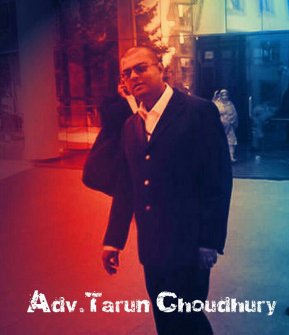Following are the salient features of the amended Lokpal bill passed by Parliament:
1. Lokayuktas: The new bill mandates states to set up Lokayuktas within 365 days. States can determine the type.
Under the old bill, law was applicable to states only if they give consent. Under old bill, the central government had power to appoint state Lokayuktas; the new bill gives this power to the states.
2. Constitution of Lokpal: The Lokpal will consist of a chairperson and a maximum of eight members, of which 50% shall be judicial members. 50% members of Lokpal shall be from among SCs, STs, OBCs, minorities and women.
In the old bill, the chairperson was to be the Chief Justice of India or a present or former judge of the Supreme Court or a non-judicial member with specified qualifications (chief justice or a judge of a high court).
3. Selection of Lokpal: The selection committee will have prime minister, Lok Sabha speaker, leader of the opposition in the Lok Sabha and the Chief Justice of India. A fifth member of the selection committee for selection of Lokpal under the category of "eminent jurist" may be nominated by the President on the basis of recommendation of the first four members of the selection committee.
Under the old bill, President could select the fifth person.
4. Religious bodies and trust: The new bill includes societies and trusts that collect public money, receive funding from foreign sources and have an income level above a certain threshold. It excludes bodies creating endowments for or performing religious or charitable functions.
The old bill expanded definition of public servant by bringing societies and trusts and organisations which receive foreign donations (over Rs.10 lakh a year) under Lokpal.
5. Prosecution: In the new bill, before taking a decision on filing a chargesheet in a case upon consideration of the investigation report, the Lokpal may authorise its own prosecution wing or the investigating agency concerned to initiate prosecution in special courts.
Under the old bill, such power was only with the prosecution wing of the Lokpal.
6. Central Bureau of Investigation (CBI): For independence of the CBI, in the new bill a directorate of prosecution will be formed. Appointment of the director of prosecution will be on the recommendation of the Central Vigilance Commissioner.
Transfer of officers of CBI investigating cases referred by Lokpal will be only with the approval of Lokpal who will also have superintendence over CBI in relation to Lokpal referred cases.
7. Hearing: The new bill says a government servant will get a hearing before a decision is taken by the Lokpal.
8. Prime minister: The prime minister will be under the purview of the Lokpal with subject matter exclusions and specific process for handling complaints against the prime minister.
9. Investigation: Inquiry has to be completed within 60 days and investigation to be completed within six months. Lokpal shall order an investigation only after hearing the public servant.
Inquiry against the prime minister has to be held in-camera and approved by two-thirds of the full bench of the Lokpal.
10. Penalty: False and frivolous complaints - imprisonment up to one year and a fine of up to Rs.1 lakh. Public servants - imprisonment up to seven years. Criminal misconduct and habitually abetting corruption - jail term up to 10 years.
Salient features of Lokpal Bill
Posted in:
Constitutional Law
Thu, May 3, 18, 05:45, 8 Years ago
comments: 1 - hits: 15489
Following are the salient features of the amended Lokpal bill passed by Parliament:
 |
|
Comments
There are no comments for this article.
Only authorized users can leave comments. Please sign in first, or register a free account.

